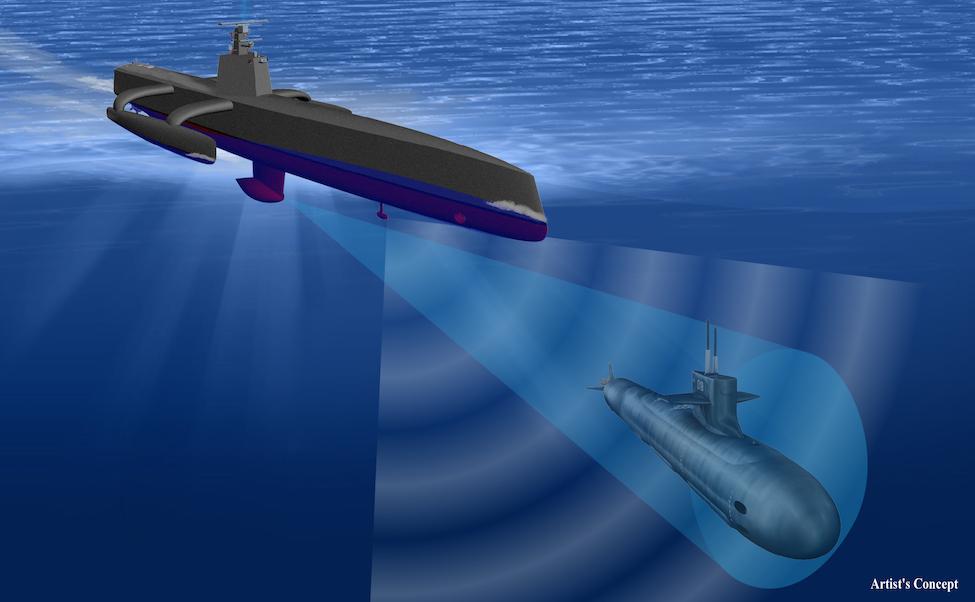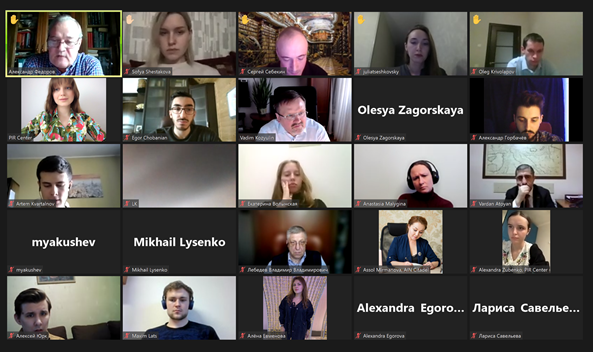The project International Information Security, Cyber Threats, and Impact of Emerging Technologies is part of the Program “Global and Regional Security: New Ideas for Russia”. It is aimed at studying the potential for cooperation in the use and regulation of new technologies, as well as transforming the challenges to Russia’s military and non-military security. The Project participants are looking for solutions that will minimize potential threats through broad discussion and adoption of international regulation by means of multilateral dialogue and mutually beneficial cooperation.
The PIR Center authors were among the first in Russia to pay attention and describe new technologies that can affect international security:
- 2001 – PIR Center published the monograph “Information Challenges to National and International Security” edited by A.V. Fedorov and V.N. Tsygichko
- 2005 – the monograph “Unmanned Aerial Vehicles: History, Application, Threat of Proliferation and Development Prospects” prepared by General Evstafiev was published. It was the first work that outlined the importance of this problem for Russia.
- 2016 – Oleg Demidov’s book “Global Internet Governance and ICT Security: Key Challenges for the World Community” was published.
- 2016 -, PIR Center Director Vladimir Orlov presented his report at the World Economic Forum in Davos, where he spoke about the risks associated with the critical vulnerability of nuclear infrastructure to cyber attacks.
- 2018 – three groups of threats to global security associated with the development of military artificial intelligence are named in the PIR Center’s publications.
- 2019 – Vadim Kozyulin was the first in Russia to describe the types of hypersonic vehicles according to their purpose and flight modes.
- 2020-2022 – Vadim Kozyulin participated in the International Panel for Regulation of Autonomous Weapons (iPRAW).
- 2022 – Vadim Kozyulin participated in the preparation of the final report of the International Panel for Regulation of Autonomous Weapons (iPRAW).
- 2023 – Vadim Kozyulin and Yulia Tseshkovskaya became members of the international expert group International AI Weapons Dialogue.
Together with the Center for Strategic Research, PIR Center published a report “The Future of Information Security: Global Transformations and Scenarios for Russia” on how to develop the digital economy and at the same time ensure security in the context of cross-border digital risks and threats.
Within the framework of this Project, PIR Center members are working on the following topics:
- Artificial intelligence and international security
- Multilateral cooperation in the field of regulation of the use of artificial intelligence technologies
- Application of AI technologies in the international sphere as a tool for solving security problems: in diplomacy and other areas of public administration, in the work of international organizations
- International regulation of lethal autonomous systems
- International humanitarian law in new technological realities.
PIR Center members read both individual lectures and an independent course on the topic “New Technologies and International Security” at MGIMO of the Russian Ministry of Foreign Affairs.
PIR Center also attracts Russian and foreign researchers from the PIR Expert Council, alumni of educational programs, and networks with the participation of PIR Center in joint projects.
In these and a number of other areas, PIR Center closely cooperates with MGIMO of the Russian Ministry of Foreign Affairs and the Diplomatic Academy of the Russian Ministry of Foreign Affairs, Russian and foreign research centers and universities.
Future plans include:
- Participation in the development of international legislation to regulate lethal autonomous systems
- Holding international conferences on ICT and military AI
- Series of publications on risks to international security associated with new technologies
- Training of young experts on specialized issues.



